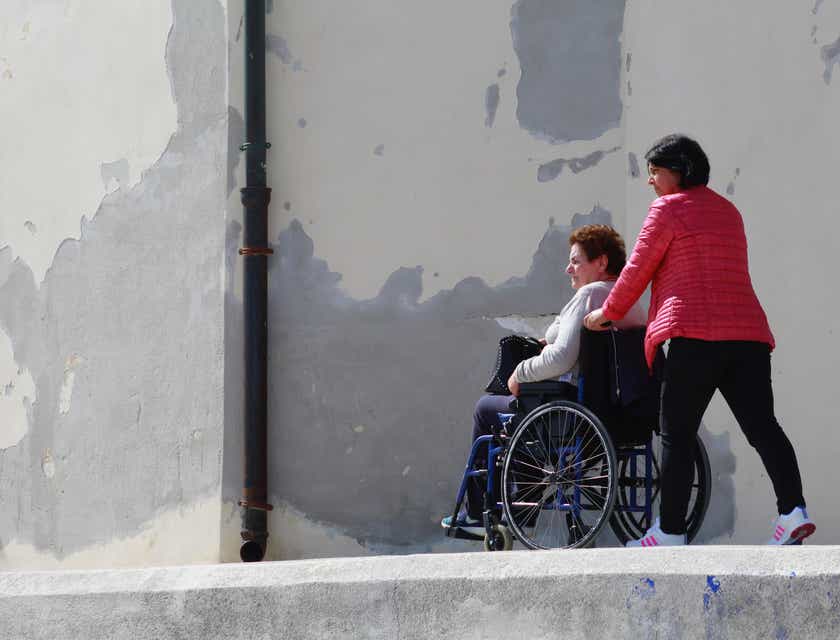End-of-Life care sparks opinions and contemplation for everyone, especially for those of us working in the senior care industry who have witnessed a variety of scenarios. Hospice care was established to help families navigate through the details and emotions of saying goodbye to a lifetime of friends and family and…..assets. It seems that time after time it is the assets that can cause problems for everyone for many years after someone has deceased.
Following estates and how they are divided and contested makes for fascinating reading. The dramas can be better than the best movies and even become the material for movies. Even when everyone thinks the estate has been firmly settled and legally structured, the heirs can bust a move to contest an issue. Remember Lady Astor? Her son seemingly (and a court agreed) convinced her to sign a new will after her memory loss had begun.
Huguette Clark is the most recent heiress who has some relatives wanting more money from her estate. A reclusive copper heiress, she collected dolls and found solace in playing with dolls as an adult and lived her last 20 years at Beth Israel Medical Center in New York. She had no children, but her distant relatives did inherit some of her money and now they are digging for more dollars, filing documents in Manhattan Surrogate court that seem to show the hospital also begged Mrs. Clark for dollars.
In one e-mail, the CEO of Beth israel joked that a Manet painting Mrs. Clark donated the hospital did not bring as much as they would have liked at auction and joked that Mrs. Clark “didn’t take the bait and offer a half dozen more.” Mrs. Clark gave the hospital more than $4 million dollars and stayed at the hospital until her death at age 104, in addition to the millions she privately paid to stay at the hospital. She also donated another $1 million in her final, contested, will.
The fact that a hospital allowed someone who perhaps was depressed, but did not need acute medical care, to remain as a patient for 20 years raises ethical questions. Might have there been a better environment for Mrs. Clarke to live in to address her emotional needs? The fact that the hospital did keep her for so many years and continued to ask her for donations is alarming. The New York Times reports some of the more disturbing facts, such as the hospital sending staff out to research the Clarke family in order to better understand her wealth. Mrs. Clarke paid the hospital $1,200 a day for her room.
Sometimes it seems, doing the right thing simply because it is the right thing to do, should take precedence. A grown woman who watches the Smurfs cartoon and plays with dolls all day probably is not in the state of mind to make donations in the millions to a hospital and to decide she should stay indefinitely in a hospital – it does not take a degree in medicine to know that. It takes everyone to be a watchdog for ethics, including senior caregivers. The Inspector General’s office can be one place to report senior abuse and instances of Medicare of Medicaid fraud. It will be interesting to see how Mrs. Clark’s heirs are able to gain some restitution from Beth Israel Hospital.
However, this scenario also begs the question: where the heck were Mrs. Clarke’s heirs during the 20 years she was staying at the hospital?
Research your senior care options ahead of time and plan for the costs of senior care and rehabilitation which often takes place in a nursing home. This way, if you happen to have an uncle who was a copper baron from Montana, you may better be prepared for how to plan.







